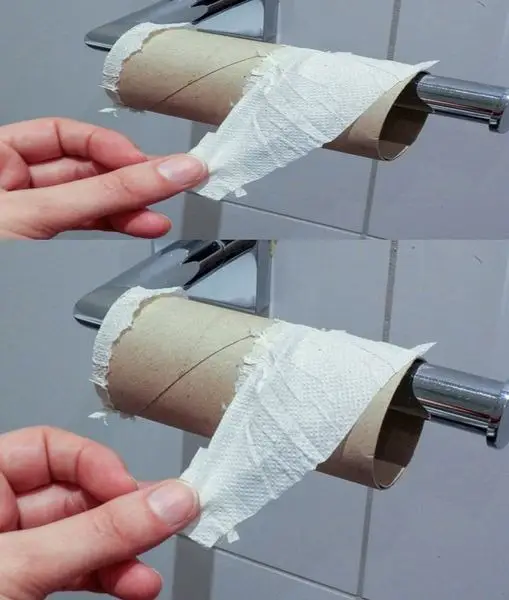Toilet paper has long been a staple of personal hygiene in many parts of the world. However, growing environmental concerns and health considerations are prompting a reevaluation of its widespread use. Innovations and traditional practices are gaining attention as potential replacements, signaling a possible shift in our bathroom routines.
Environmental Impact of Toilet Paper
The production of toilet paper significantly contributes to deforestation and pollution. The manufacturing process involves the extensive use of water, energy, and chemicals, leading to environmental degradation. As awareness of these issues increases, consumers are seeking more sustainable options to reduce their ecological footprint.
Health Concerns Associated with Toilet Paper
Recent studies have raised concerns about the presence of harmful substances in some toilet paper products. These contaminants have been linked to health issues, including reproductive problems and certain cancers. Such findings have led individuals to question the safety of conventional toilet paper and consider alternative hygiene methods.
Emerging Alternatives to Toilet Paper
Several alternatives are gaining popularity due to their environmental and health benefits:
- Bidets and WashletsBidets, fixtures designed to cleanse the genital and anal areas with water, offer a hygienic alternative to toilet paper. Modern versions, known as washlets, often include features like adjustable water pressure and temperature, enhancing user comfort. Bidets are praised for their superior cleanliness and reduced environmental impact, as they significantly decrease the need for paper products. Wikipedia
- Reusable Cloths (Family Cloth)Some households are adopting the use of reusable cloths, often referred to as “family cloth.” These are small fabric squares used in place of toilet paper and washed after each use. Advocates highlight the cost savings and environmental advantages, though proper hygiene practices are essential to prevent contamination. Reddit
- Gel WipesGel wipes involve applying a moisturizing gel to dry toilet paper, enhancing its cleaning efficiency and reducing skin irritation. Developed as an eco-friendly alternative to wet wipes, gel wipes aim to provide the benefits of moist cleansing without contributing to environmental pollution. Wikipedia
- Wet WipesWhile wet wipes offer a convenient and effective cleaning method, they have been criticized for environmental drawbacks, particularly when labeled as “flushable.” Many do not decompose properly, leading to sewer blockages and environmental harm. However, some biodegradable options are emerging, aiming to mitigate these issues. Wikipedia
Cultural Practices and Global Perspectives
In various cultures, water-based cleansing methods have been the norm for centuries. For instance, in parts of Asia and the Middle East, the use of a lota—a small vessel for water—is common practice. These traditions underscore the feasibility and effectiveness of alternatives to toilet paper, offering insights into sustainable hygiene practices.
Conclusion
The potential decline of toilet paper usage reflects a broader shift towards sustainable and health-conscious living. As individuals become more aware of the environmental and health implications associated with traditional toilet paper, alternatives like bidets, reusable cloths, and gel wipes are gaining traction. Embracing these options may lead to improved personal hygiene and a reduced ecological footprint, signaling a significant change in daily routines.

